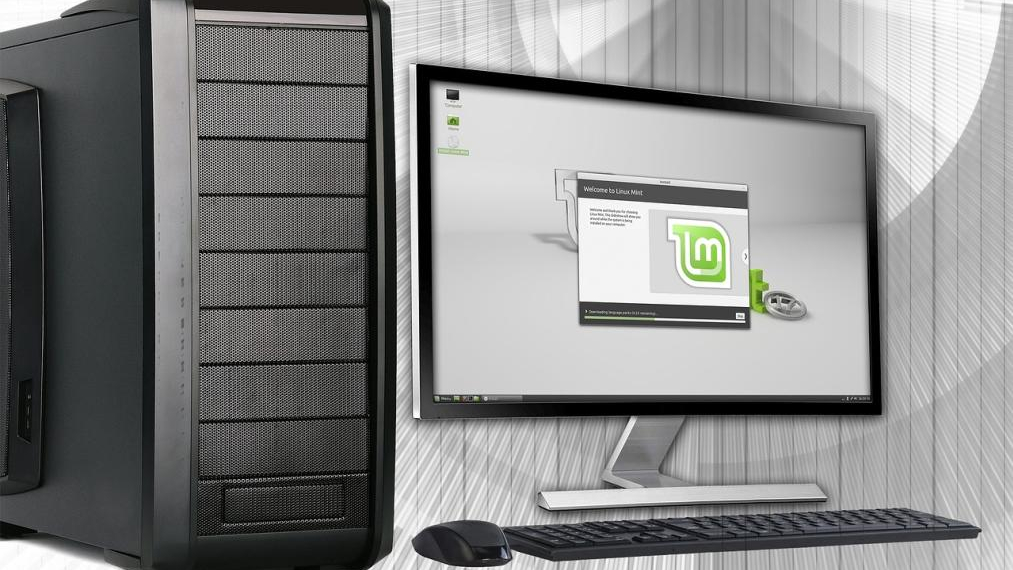Linux
Linux is a powerful, versatile, and open-source operating system that has revolutionized the world of computing since its creation by Linus Torvalds in 1991. Built on the principles of freedom and collaboration, Linux has grown from a hobby project to a robust platform used in everything from personal computers to servers, smartphones, and embedded systems.
Core Concepts
At the heart of Linux is its kernel, which manages system resources and acts as an interface between hardware and software. The Linux kernel, combined with GNU tools and utilities, forms a complete operating system. This combination is often referred to as GNU/Linux.
Distributions
One of Linux's unique features is its diversity, manifested through various distributions or "distros", for example:
Ubuntu: Known for its user-friendliness and regular release cycle
Fedora: Often at the forefront of new technologies
Debian: Renowned for its stability and commitment to free software
Arch Linux: Favored by enthusiasts for its customizability and rolling release model
Each distribution caters to different user needs, from beginners to advanced users and system administrators.
Key Advantages
Linux offers several compelling benefits:
Open-source nature: The source code is freely available, allowing for transparency, customization, and community-driven development
Security: Generally considered more secure due to its architecture and active community
Stability: Known for its reliability, especially in server environments
Flexibility: Highly customizable to suit various needs
Cost-effective: Most distributions are free to use and distribute
Applications
Linux finds applications in diverse areas:
Personal computing: Desktop environments like GNOME and KDE provide user-friendly interfaces
Servers: Powers a significant portion of web servers and cloud infrastructure
Embedded systems: Used in routers, smart TVs, and IoT devices
Supercomputers: Dominates the top500 list of supercomputers
Android: The popular mobile OS is built on a modified Linux kernel
Community and Development
The Linux ecosystem thrives on its vibrant community of developers, users, and enthusiasts. This collaborative approach has led to rapid innovation and continuous improvement of the system.
Linux's impact on the tech industry has been profound, championing open-source development and providing a robust, flexible alternative to proprietary operating systems. Its principles of openness and collaboration continue to shape the future of computing.
14/02/2025

Posted by: Ontorus Editorial
At Ontorus Editorial, the focus is on providing the most valuable knowledge. Efforts are made to offer high-quality and relevant information in every article. The goal is to ensure the best content so that everyone stays informed and updated on the topics of greatest interest.



